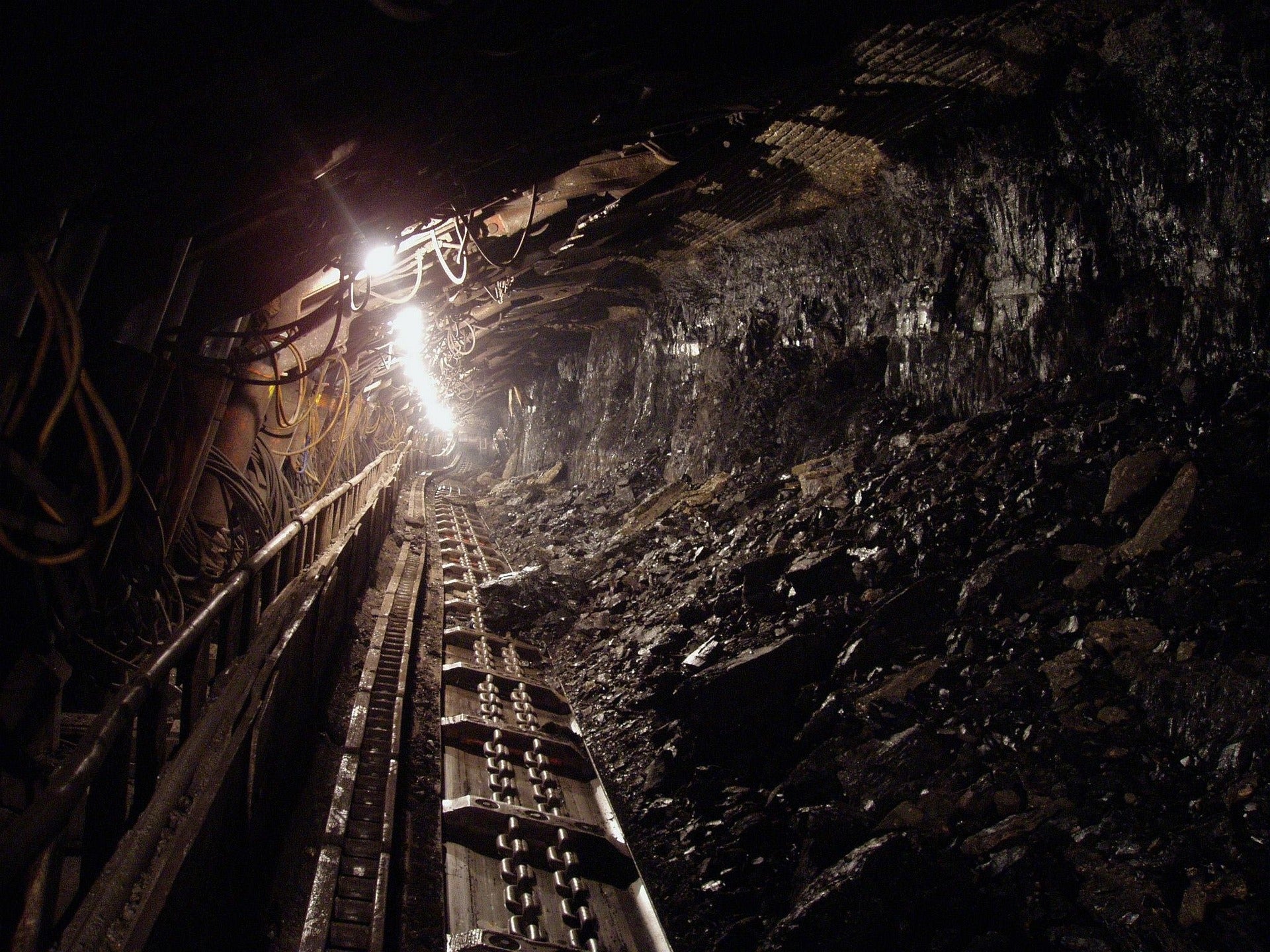
The Indian Government is looking to divest small stakes in state-owned mining firms to increase revenue in the last quarter of the financial year, reported Bloomberg News citing people with knowledge of the development.
Through the offer-for-sale mechanism, the country plans to offload 5%-10% in firms such as Coal India, Hindustan Zinc, Rashtriya Chemicals and Fertilizers, according to the people.

Discover B2B Marketing That Performs
Combine business intelligence and editorial excellence to reach engaged professionals across 36 leading media platforms.
As part of the plan, the government could select a total of five firms, including a listed entity under the railway ministry.
According to Bloomberg’s estimates, sales at the lower end of the range could raise Rs165bn ($2bn) for the government, based on current prices.
Proceeds from the sales could be used by Indian Prime Minister Narendra Modi’s administration to fund its subsidy bill, which slightly surged as a result of the Russia-Ukraine conflict.
In the year through March, India had budgeted Rs650bn from the sale of similar assets. However, the country could reach over a third of the target, primarily from the Life Insurance Corporation’s $2.7bn initial public offering.

US Tariffs are shifting - will you react or anticipate?
Don’t let policy changes catch you off guard. Stay proactive with real-time data and expert analysis.
By GlobalDataCoal India owns ten fully owned Indian subsidiary companies and 318 mines as of 1 April 2022. Of these, 19 comprise mixed mines, 141 are underground and 158 are open-cast sites.
The Indian Government holds a 29.5% stake in Hindustan Zinc while mining company Vedanta owns the remaining 64.9% stake.
Hindustan Zinc owns hydrometallurgical zinc smelters, lead-zinc mines, lead smelters, pyro metallurgical lead-zinc smelters, as well as sulphuric acid and captive power plants in northwest India.





